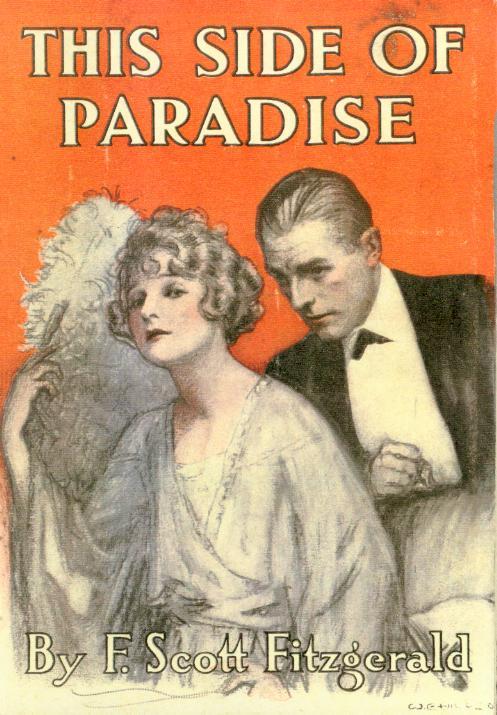My best writing for this class came
in the form of my storybook, this week. I wrote about the kidnapping of a girl
named Emily (who represents Sita). Her husband is Tom (Rama), and I think I did
a good job transitioning the characters into their new story and new role.
In another one of my classes, History
and Memory taught by Wilfred McClay, I read two great articles. The first is Proust Goes to the Country Club by
Willard Spiegelman. It heavily emphasizes nostalgia and its role in human life.
In it, Spiegelman tells his story about going to a class reunion while
reflecting on many of his memories. Concerning nostalgia, he writes, “What are
the pleasures of ‘nostalgia’? The word itself has its etymology in the Greek nostos (homecoming) + algia (pain), but the condition is
multifaceted, combined of equal parts of homesickness, self-indulgence,
sentimentality, and an alertness to the genuine, confected, or nonexistent
pleasures of other times, other ages, and other places.” This description of
nostalgia spoke very deeply to me, and I found his exploration of its role to
be profound. He also writes, “Youc an go home again, at least to a place –
whether Ithaka or a childhood manse – but you cannot go back in time, except in
memory.” Maybe it’s because I’m extremely sentimental and I appreciate nostalgia,
but I found this article quite compelling.
The second article is The Stories Our Parents Told Us by Britt
Peterson. In this article, Peterson claims that stories about ourselves help
mold who we are as people. She says, “Storytelling and narrative, namely the
autobiographical stories that make up memory, are essential to the ay children
from their identities.” To back up this claim, she says that “one group of
children did at least have richer memories: the ones whose mothers told stories
with greater detail and elaboration…” I think these claims struck me because a
lot of my character and person was shaped by the stories told to me by my
parents.
Image Information: Willard Spiegelman, SMU Dedman College of Humanities and Science
Source: SMU


